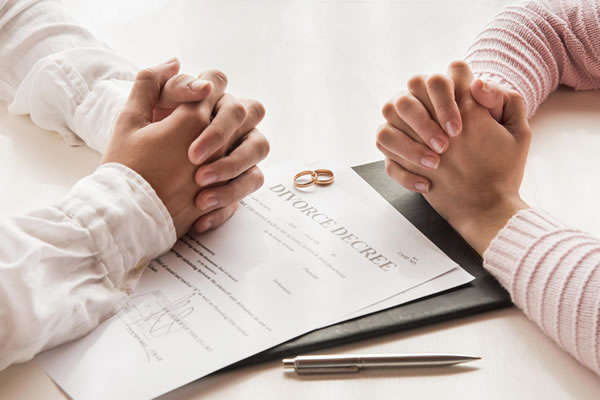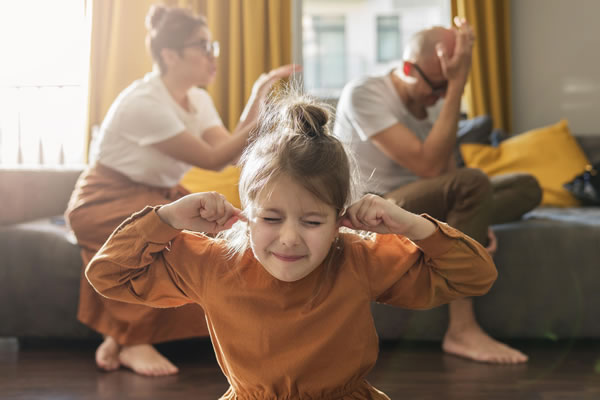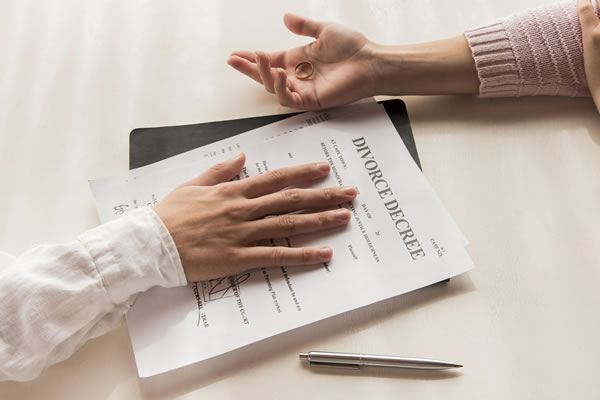Divorce Rates Spike after COVID-19: Some Tips for Couples
COVID-19 has had a profoundly negative impact on many married couples. The combination of working from home, virtual learning for our children, social distancing, financial hardship, stress, less quality time to relate, illness or the deaths of a loved one, etc., has been difficult for a lot of people with divorce rates spiking as a result.
Research has shown that divorce rates typically increase in response to natural disasters and crises, and even the strongest relationships can fail during unprecedented, unpredictable and overly stressful times.
According to the research group Legal Templates, divorce rates were up 34% between March and June of 2020 compared to that same time in 2019. Their data also showed that marital unhappiness and the desire to separate peaked on April 13, during the time of quarantine and state lockdowns. The group pointed out that this occurred due to the “disillusionment phase” of disaster — a time when people were most discouraged, negative and stressed out by COVID-19. Moreover, Legal Templates found that certain segments of married couples that usually fair better during crises have divorced at higher rates (e.g., newlyweds and couples with younger children).
Certainly, in my work as a psychologist in private practice I have seen an increase in couples seeking therapy since the pandemic started; interestingly, several of these couples are wanting guidance with divorcing correctly (for their children and for themselves) as opposed to wanting help to improve their problems. On the other hand, a number of the couples I see have seen their relationships improve during the pandemic and are now stronger than ever.
If you find yourself struggling as a married couple, I offer the following tips to support positive change:
- Communicate with your spouse in advance of important things or at the front end of problems to avoid confusion, hurt and upset.
- Connect daily and support your spouse through attentive and active listening.
- Do things together – going for a walk or exercising, cooking and eating meals together as a couple or family, doing home improvement projects, and having date nights are just a few suggestions for quality together time.
- Expand your support system.
- Drink in moderation or not at all since excessive alcohol use can lead to distorted and exaggerated negative emotions and responses and poor judgment and impulse control.
- Maintain a healthy work and personal life balance and try not to let your work or work stress spill into your time with your spouse and family.
- Be spontaneous and plan something fun (e.g., a surprise date night or your next family trip).
- Support your spouse in active co-parenting and strive to agree on how you engage, reward and consequence your children as a couple.
- Maintain healthy self-care and have a routine.
COVID-19 has been stressful for married couples with divorce rates subsequently on the rise. It’s okay to feel what you’re feeling in response to all that is happening, and it’s also okay for your partner to do the same. Struggling and overcoming together is the goal, no matter how challenging things get, if you want your marriage to last.








Michael Oberschneider, Psy.D. “Dr. Mike” is a clinical psychologist in private practice.
He can be reached at 703-723-2999, and is located at 44095 Pipeline Plaza, Suite 240, Ashburn.
